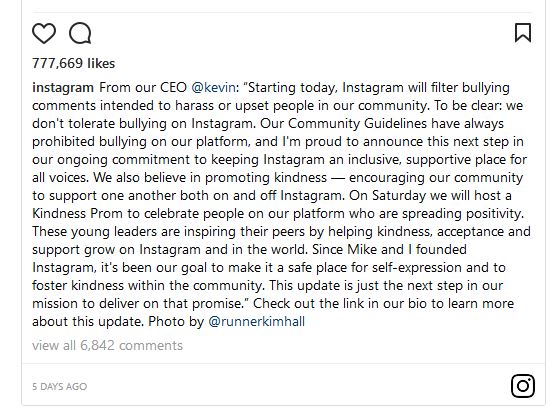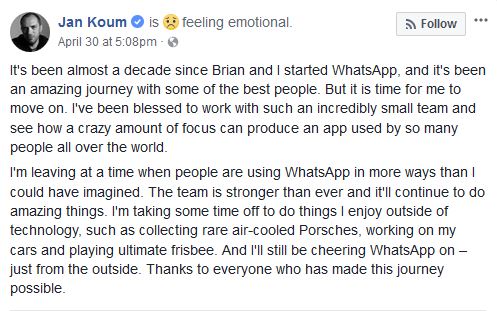Duke Tran was a Khmer Rouge slave in Cambodia when he was 17 years old, but he made his way to the United States and eventually landed a job at Wells Faro. At some point, Tran received phone calls from customers about large payments due on loans ($90,000 and $165,000). In both cases, the customers said they didn't have a loan with the bank, and Tran couldn't find any documentation. When Tran asked his supervisor what to do, he was told, "It’s no problem. If the customer calls back, you tell them it’s a balloon [due all at once]." Tran refused to lie to the customers and got fired: “I told him this is a fraud. I cannot be a part of that. He got upset."
This is one of many stories of retaliation against whistleblowers at the company, but Tran persisted. Rather than fight for his job back, Tran wanted the bank to admit wrongdoing. A New York Times article describes what Tran went through:
To further his lawsuit, he opened his life to intense scrutiny, used vacation time at his new job to attend meetings and court dates, and told and retold the story of his experiences at the bank, which maintained that Mr. Tran had been fired for poor performance and that there had been no cover-up of missing documents. He would not go away. . .
He couldn’t sleep. He couldn’t bring himself to tell his wife, Ann, and their sons, Justin and Jimmy, that he had been fired. When they asked why he wasn’t going to work in the mornings, Mr. Tran said he was on vacation. When that excuse no longer seemed plausible, he invented another.
“I thought, my God, I’ve lost my American dream,” he said.
His wife worked in a dental equipment factory. She earned $17 per hour, and it was suddenly the family’s only income.
Although he didn't want to, Tran eventually settled for what is estimated to be "seven figures."
Cover image source. Page image source.
Discussion:
- Which character dimensions does Tran most demonstrate?
- When have you been in a situation where you had to decide whether to speak out against a company practice? What was your decision process? How did it turn out?
- HR told Tran he was fired for not responding to a customer whose call he had taken. How is this problematic?


















